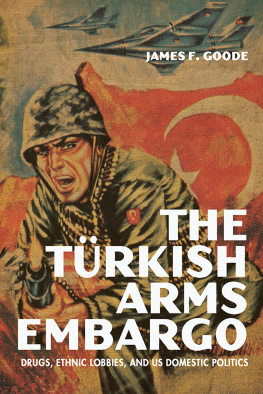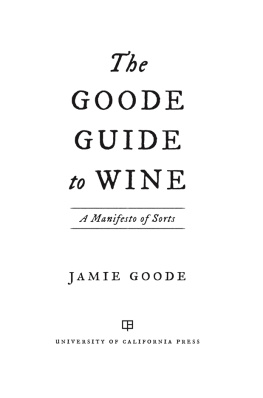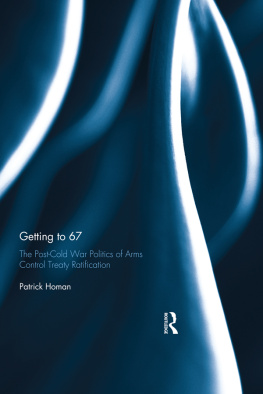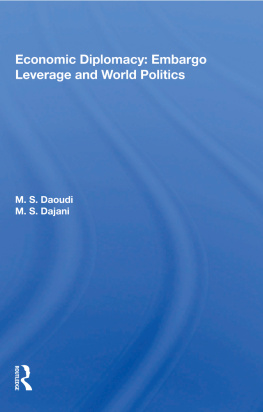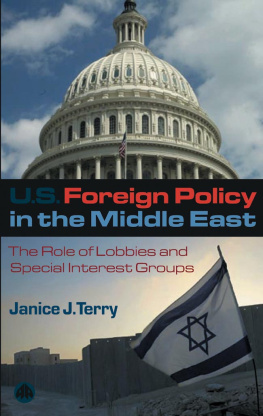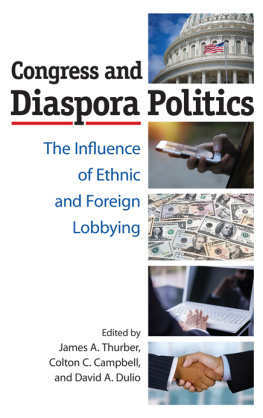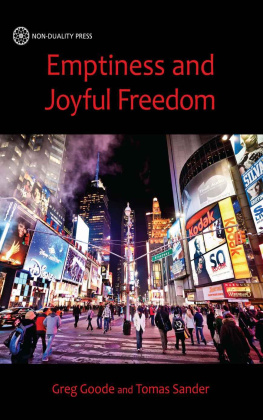James F. Goode - The Turkish Arms Embargo: Drugs, Ethnic Lobbies, and US Domestic Politics
Here you can read online James F. Goode - The Turkish Arms Embargo: Drugs, Ethnic Lobbies, and US Domestic Politics full text of the book (entire story) in english for free. Download pdf and epub, get meaning, cover and reviews about this ebook. year: 2020, publisher: University Press of Kentucky, genre: Science. Description of the work, (preface) as well as reviews are available. Best literature library LitArk.com created for fans of good reading and offers a wide selection of genres:
Romance novel
Science fiction
Adventure
Detective
Science
History
Home and family
Prose
Art
Politics
Computer
Non-fiction
Religion
Business
Children
Humor
Choose a favorite category and find really read worthwhile books. Enjoy immersion in the world of imagination, feel the emotions of the characters or learn something new for yourself, make an fascinating discovery.
- Book:The Turkish Arms Embargo: Drugs, Ethnic Lobbies, and US Domestic Politics
- Author:
- Publisher:University Press of Kentucky
- Genre:
- Year:2020
- Rating:3 / 5
- Favourites:Add to favourites
- Your mark:
- 60
- 1
- 2
- 3
- 4
- 5
The Turkish Arms Embargo: Drugs, Ethnic Lobbies, and US Domestic Politics: summary, description and annotation
We offer to read an annotation, description, summary or preface (depends on what the author of the book "The Turkish Arms Embargo: Drugs, Ethnic Lobbies, and US Domestic Politics" wrote himself). If you haven't found the necessary information about the book — write in the comments, we will try to find it.
James F. Goode: author's other books
Who wrote The Turkish Arms Embargo: Drugs, Ethnic Lobbies, and US Domestic Politics? Find out the surname, the name of the author of the book and a list of all author's works by series.
The Turkish Arms Embargo: Drugs, Ethnic Lobbies, and US Domestic Politics — read online for free the complete book (whole text) full work
Below is the text of the book, divided by pages. System saving the place of the last page read, allows you to conveniently read the book "The Turkish Arms Embargo: Drugs, Ethnic Lobbies, and US Domestic Politics" online for free, without having to search again every time where you left off. Put a bookmark, and you can go to the page where you finished reading at any time.
Font size:
Interval:
Bookmark:

serving Bellarmine University, Berea College, Centre
College of Kentucky, Eastern Kentucky University,
The Filson Historical Society, Georgetown College,
Kentucky Historical Society, Kentucky State University,
Morehead State University, Murray State University,
Northern Kentucky University, Transylvania University,
University of Kentucky, University of Louisville,
and Western Kentucky University.
All rights reserved.
663 South Limestone Street, Lexington, Kentucky 40508-4008
www.kentuckypress.com
ISBN 978-0-8131-7970-4 (pdf)
ISBN 978-0-8131-7971-1 (epub)
the requirements of the American National Standard
for Permanence in Paper for Printed Library Materials.

 Member of the Association of University Presses
Member of the Association of University PressesAHEPA | American Hellenic Educational Progressive Association |
AHI | American Hellenic Institute |
AIPAC | American Israel Public Affairs Committee |
ARF | Armenian Revolutionary Federation |
CIA | Central Intelligence Agency |
DCA | Defense Cooperation Agreement |
DEA | Drug Enforcement Administration |
EC | European Community |
EU | European Union |
MFC | Minnesota Friends of Cyprus |
NAMSA | NATO Maintenance and Supply Agency |
NATO | North Atlantic Treaty Organization |
NSC | National Security Council |
PLO | Palestine Liberation Organization |
SALT | Strategic Arms Limitation Talks |
UHAC | United Hellenic American Congress |
Font size:
Interval:
Bookmark:
Similar books «The Turkish Arms Embargo: Drugs, Ethnic Lobbies, and US Domestic Politics»
Look at similar books to The Turkish Arms Embargo: Drugs, Ethnic Lobbies, and US Domestic Politics. We have selected literature similar in name and meaning in the hope of providing readers with more options to find new, interesting, not yet read works.
Discussion, reviews of the book The Turkish Arms Embargo: Drugs, Ethnic Lobbies, and US Domestic Politics and just readers' own opinions. Leave your comments, write what you think about the work, its meaning or the main characters. Specify what exactly you liked and what you didn't like, and why you think so.

